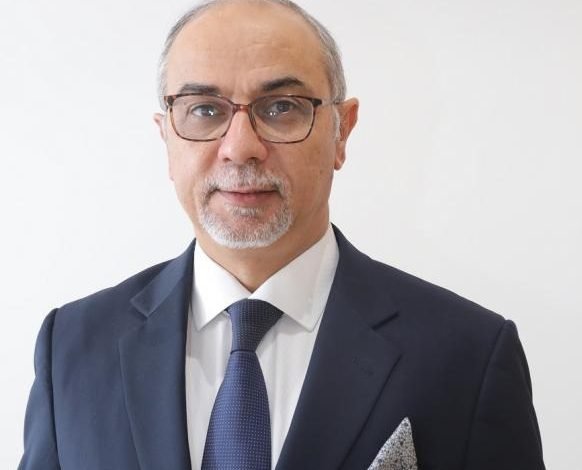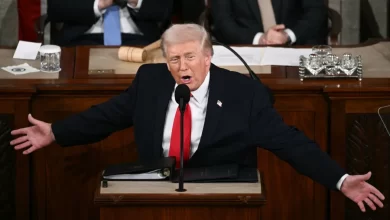
By: Prof. Khalid Wasif Al-Wazani
Jordan Daily – The 17th BRICS Summit, held last week in Rio de Janeiro, reaffirms what I have stated on numerous occasions: the world is steadily moving toward a new political and economic world order. This new order is increasingly defined by a growing global bloc that began with four countries and has now expanded to include eleven member states and eight partner countries.
Many other nations have either applied for membership or are closely monitoring developments. Although the core BRICS nations constitute only about 5% of the world’s countries, they account for more than 50% of the Earth’s surface area and 45% of its population, and they are now responsible for over 50% of global economic growth achieved in the past two years. With its founding members—Brazil, Russia, China, India, and South Africa—BRICS is now shaping the new global order, one that is multipolar both economically and politically.
This order particularly affects financial systems related to trade exchange settlements, currency valuation, global debt frameworks, banking transactions, and sources of development financing—particularly in key sectors such as energy, water, and artificial intelligence (AI). This new world order will also reshape the rules of global indebtedness, balance of payments, and exchange rate determination.
I firmly believe that by the fourth decade of this century—less than four years from now—we will witness a gradual decline in the role of the U.S. dollar in global transactions and a steady erosion of the influence of the International Monetary Fund (IMF) and the World Bank in setting the rules of the economic game. The World Trade Organization may eventually be replaced by BRICS rules and regulations, with its own terms, conditions, and global trade rules.
This does not imply the complete disappearance of the U.S. dollar or its fate resembling that of the British pound after the fall of the British Empire. The geopolitical and military dominance of the United States still sustains the dollar’s global role. Hence, the dollar will continue to be used and supported, both locally and globally, due to a mix of fear and opportunity.
The recent BRICS meeting clearly signaled a formal shift toward an independent payment system among central banks of the member states, aimed at reducing reliance on the U.S. dollar and the U.S.-controlled SWIFT system. The proposed “BRICS Pay” system lays the groundwork for a new phase of monetary decentralization, offering a diversified platform for global financial settlements—whether through direct settlements in local currencies, sovereign-backed cryptocurrencies (such as China’s), or a hybrid model governed by a basket of local and crypto-currencies.
The summit’s strategic expansion to include countries from Asia, Africa, and Latin America heralds the dawn of a new global system—one that breaks free from the grip of the current global financial order and moves toward financial pluralism. While not free of political calculations, this shift represents a better alternative to subjugation to a system that appears democratic and liberal but is in fact governed by sanctions, political suppression, exploitative dependencies, and, at times, racial and whimsical decisions.
Khalid Al Wazani is Professor of Economics & Public policy at Mohammed Bin Rashid School of Government (MBRSG), he holds over 33 years of active participation in academic, public service, government, and private sector positions. He can be reach at khwazani@gmail.com

